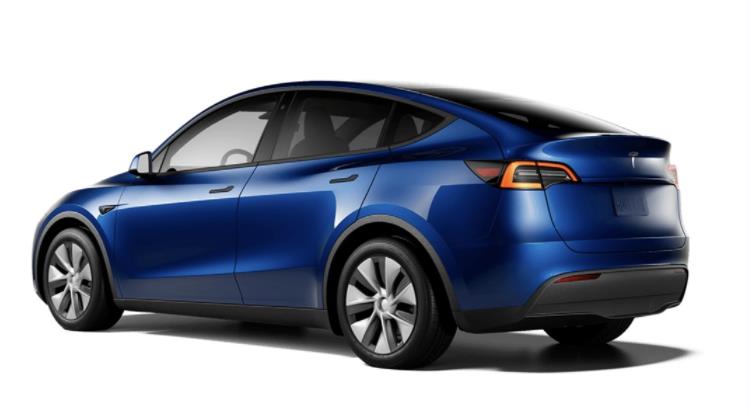Global chip shortage crisis changes auto industry: learn to share costs and risks with chipmakers
TSMC CEO Chia-Chia Wei said that no auto industry executives ever contacted him until the chip shortage went to a desperate point. At a recent TSMC partner and customer conference in Silicon Valley, he said, "For the past two years, they've called me and acted like they were my best friends." He revealed that an automotive manufacturer called to urgently book 25 wafers of chips, but TSMC often receives orders starting at 25,000 wafers. So, "no wonder you don't get support".
Thomas Caulfield, chief executive of another chip foundry giant, GeChip (GlobalFoundries), said the auto industry has learned that it can no longer leave the risk of building multibillion-dollar chip factories entirely to chip companies. "You can't have one element of the industry providing water for the rest of the industry. We're not going to put in capacity unless the customer provides a commitment and is willing to take ownership of that capacity."
Ford has already announced a partnership with Gracore to secure chip supply. Mike Hogan, Microchip's automotive industry chief, said he's in talks with other auto companies about more such partnerships.
Thomas Sonderman, CEO of Minnesota chipmaker SkyWater Technology, said the company is in talks with automotive companies to "stay out of the way" by purchasing equipment or paying for research and development.
Onsemi CEO Hassane El-Khoury said closer cooperation with automakers and their suppliers has brought the company $4 billion in long-term agreements to produce silicon carbide-based power management chips. Such new materials are gaining in popularity. We're investing billions of dollars every year to scale our business," he said. But we're not going to build a plant just because we see promise."
Synaptics Chief Executive Officer Michael Hurlston (Michael Hurlston) said the recent more direct cooperation with automakers may bring new business opportunities while helping to manage risk. synaptics' chips are used to drive touch screens, and a shortage of the company's chips is also affecting car production.
OTHER NEWS
-
- Tesla executives: by cooperating with multiple suppliers, the battery supply is sufficient and stable for the first time
- By 14 Sep,2022

-
- Azure NIO Service Upgrade: Users can check service progress through the App, and the service capability of the second-generation mobile service vehicle is increased by 60%
- By 19 Sep,2022

-
- Zero Run C01 mid-size pure electric sedan will be listed on September 28: zero hundred acceleration 3.66 seconds, pre-sale from 180,000 yuan
- By 29 Aug,2022

-
- Tesla Model Y begins deliveries in Singapore, made at Shanghai Superplant
- By 1 Sep,2022

-
- Ford recalls 100,000 hybrid vehicles in U.S. due to fire risk
- By 13 Jul,2022

-
- Renesas CEO Hidetoshi Shibata: Automotive chip shortage will be relieved by mid-2023
- By 27 Sep,2022
